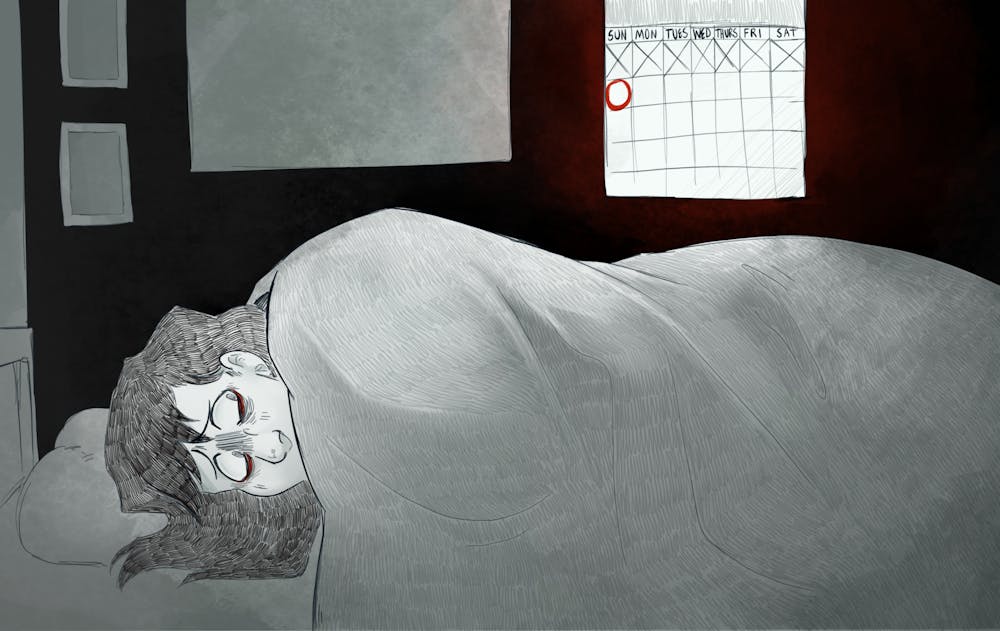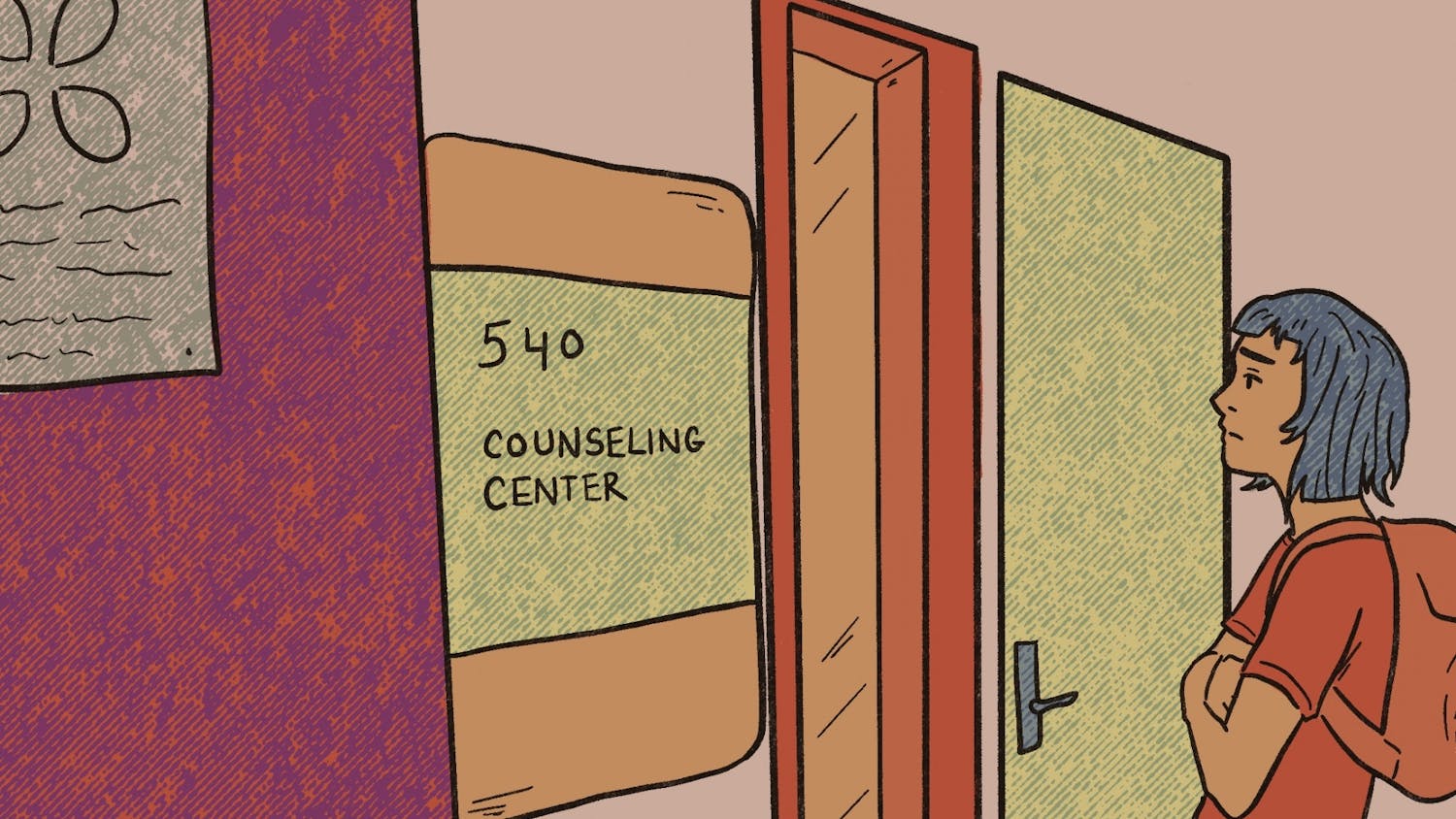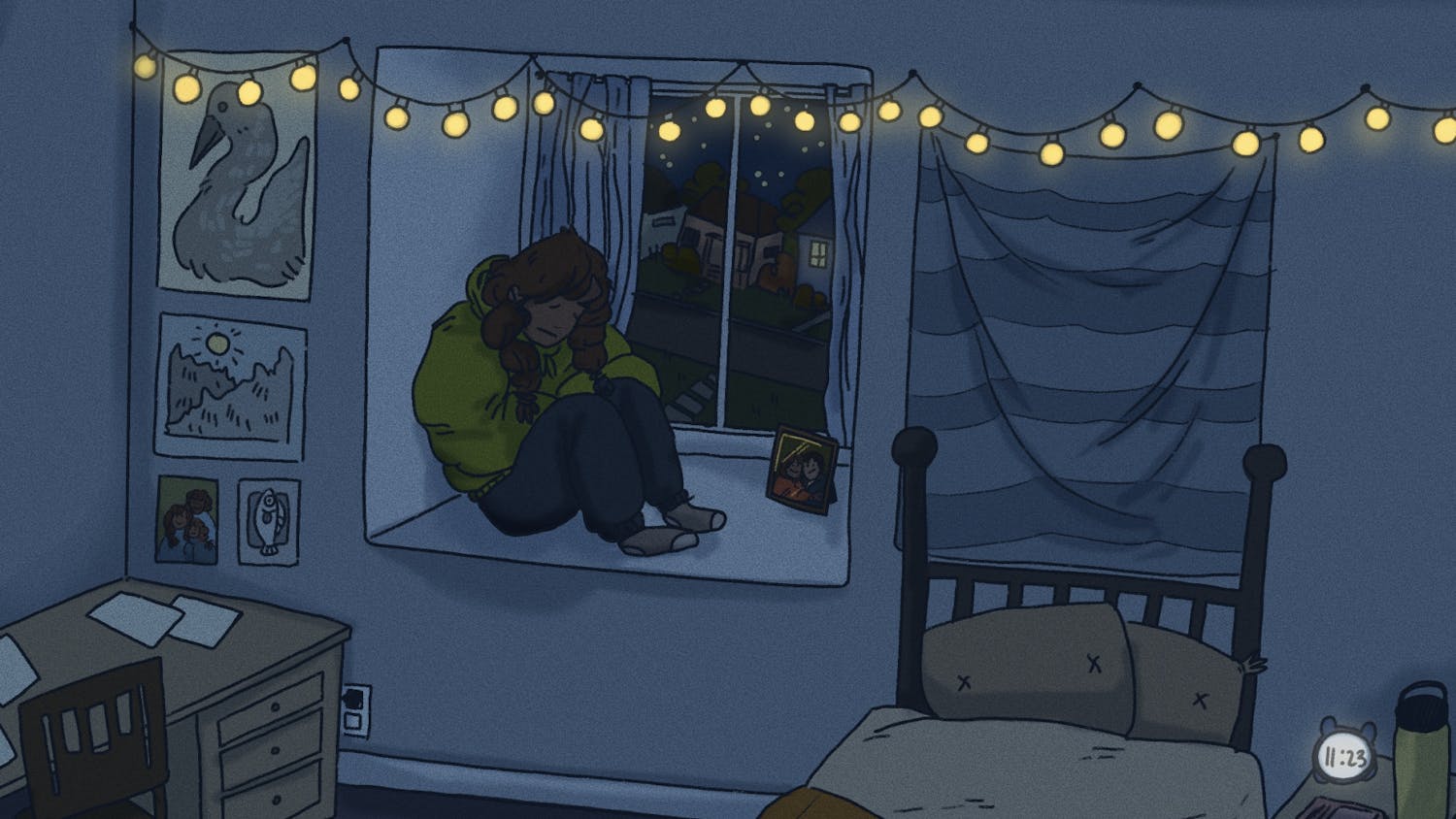Picture this: It’s Sunday night, and the sun is just starting to set. Your mind and heart start racing as all the tasks you’ve been avoiding begin to cloud your mind.
This overwhelming feeling of anxiety is not abnormal and understanding the underlying causes of these feelings is the first step in working past them.
When asked “What are the ‘Sunday scaries’?” Christopher Edwards, a licensed psychologist at Western, describes it as a mental paralysis of sorts.
“[It’s] feeling that there's so much to do and not knowing where to begin, or there's so much ahead of that week that it just feels super daunting or insurmountable,” he said. “Maybe a lack of organization.”
Western’s Wellness Center keeps track of the different problems students bring to them, and the highest issue by far is anxiety, according to Edwards.
“We collect data regarding the campus climate with national surveys but also internally when students meet with one of the counselors. Anxiety has been, for a long time and continues to be, the number one presenting concern when students come to meet with us,” he said.
The Counseling and Wellness Center has a downloadable plan for students to adjust their wellness approach depending on where they struggle. The Counseling and Wellness Center also has a links and downloads page to share information with students who struggle with mental health issues such as anxiety or seasonal affective disorder.
“During the winter my seasonal depression kicks in for sure,” said Sierra Woolley, a second-year student at Western.
According to the Mayo Clinic, the specific cause of seasonal affective disorder is still unknown. Mayo Clinic suggests that biological clocks, circadian rhythms and melatonin levels can affect people in the winter months.
Woolley said dealing with seasonal affective disorder can make being social and keeping up with school a lot to handle for her.
Students can combat seasonal depression in a variety of ways such as wellness groups and happy lamps that boost energy levels naturally, Edwards said. Happy lamps use light therapy to mimic sunlight and help regulate chemicals in the brain.
“The library, the Student Health Center and our office also have those available if a student would like to reserve that for a period of time,” Edwards said.
Woolley said that one way she copes is by setting small goals for herself.
“Usually, I can just sleep it off, but if I'm really stressed out about it. Watching New Girl helps or doing mindless tasks, like maybe cleaning my room or getting one thing accomplished,” Woolley said.
Procrastination can also aggravate Sunday scaries. According to The American Psychological Association, 80 to 95% of college students procrastinate on their work.
“I'm always procrastinating,” said Kazmyn Zercher, a second-year transfer at Western. “But I feel like getting worried about the week gives me worse sleep, which then makes the week worse than it could have been if I just wasn't freaking out about it.”
Zercher said she has some self-soothing tactics to help her destress on Sunday nights.
“I like to make a list of what I have to do for the week,” she said. “Or if I don't have that much to do that night, then I will watch a show or something.”
Edwards said that prioritizing your mental health before starting a task can make all the difference.
“[Try] taking a quick walk, listening to music, doing something that you enjoy for a short amount of time, then trying to get back on task,” he said.
Edwards emphasized that the Western Wellness Center is always available for students who are struggling.
“Students who are feeling like they need some support can access things on their own time through the website but also by giving us a call or drop-in appointment or attending one of the programs that we have,” Edward said.
Woolley said that sometimes, just repeating a mantra or talking to friends can help her deal with anxiety.
“I try my best to force or drown out the bad in my brain with good,” Woolley said. “Focus on the good things, even if they’re small. The little things mean a lot.”
Emma Burrell is the campus life editor for the front this quarter. She has done work for both The Front and Klipsun Magazine at Western and in her free time you can find her crocheting or reading a good book.
You can reach her at emmaburrell.thefront@gmail.com.






